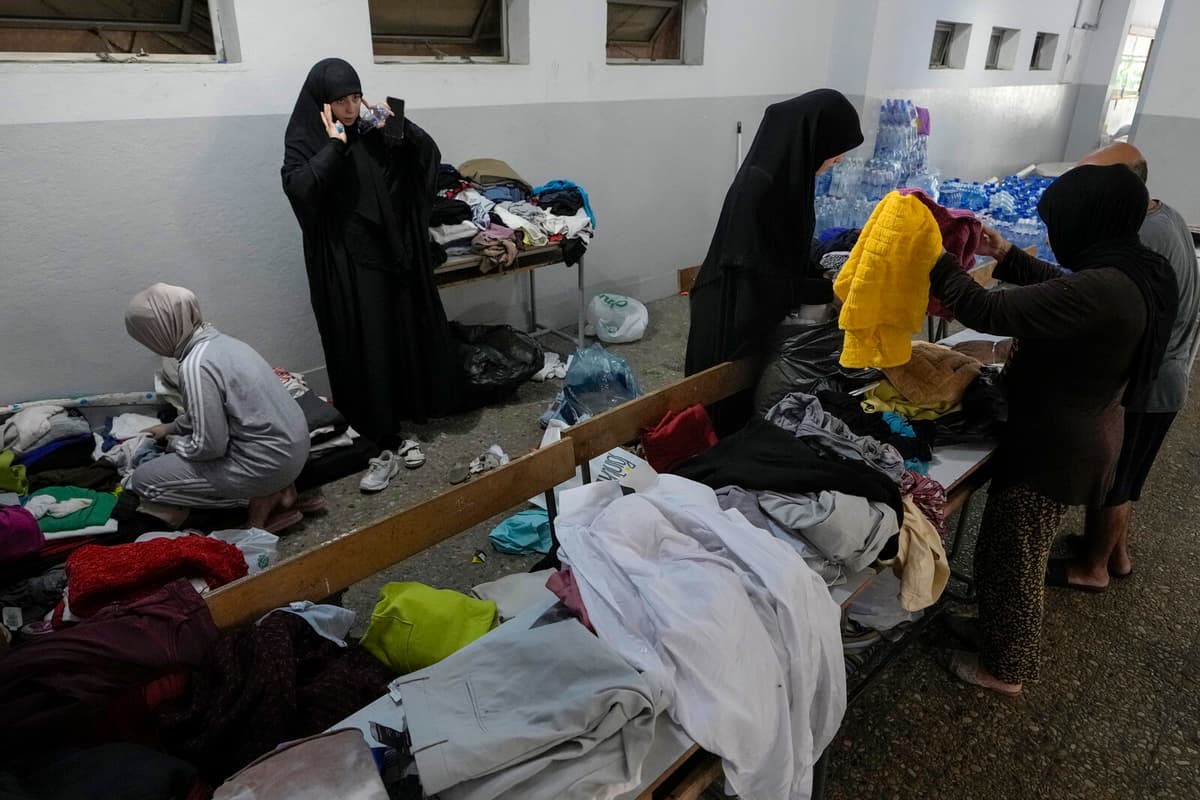Representatives from seven organizations active in Lebanon and Gaza gathered on Thursday to reflect on the Middle East conflict – many of them on site in Beirut or from the Gaza Strip.
There is no ceasefire in sight. Humanitarian diplomacy seems to have fallen behind, and actors seem cautious about pressing Israel to provide humanitarian aid, said Konynduk from Refugees International at a press conference arranged by the organization Crisis Action.
Children exposed
The representative of Save the Children in Beirut also saw the humanitarian damage in the growing conflict in Lebanon.
It's a complete nightmare, and children are particularly affected, said Save the Children's Jennifer Moorehead.
Many children sleep on the streets with their belongings scattered around them, she continued via video link, where the stream occasionally disappeared due to brief power outages.
Moorehead also stated that emergency aid, food, and medicine must reach civilians, where many children are already traumatized in Lebanon.
We previously had a long teachers' strike, schools were closed due to the coronavirus pandemic, she said, reflecting on how many school buildings have become internal refugee centers.
Devastated country
Lebanon's economy, with high unemployment and enormous inflation, had already devastated civil society before the conflict that followed the terrorist-stamped Hamas attack on Israel almost a year ago.
The country has also been "generous in receiving refugees, both from Syria and Palestinians," according to Sally Abi Khalil from the organization Oxfam.
Lebanon has previously had difficult experiences of a long civil war. The risk is looming for internal strife in the country. The longer this continues, the greater the risk of a spark, she said.
Forgotten Gaza
The organizations emphasized the importance of emergency aid reaching both Lebanon and Gaza, and that the sea route must be utilized for acute assistance. The situation in the Gaza Strip remains very difficult, despite international attention focusing on Lebanon, said Isabelle Defourny from Doctors Without Borders, who has just visited the conflict area.
Large parts are just ruins, and clashes are ongoing. As a doctor, I can see that at least 12,000 people need to be medically evacuated urgently, said Defourny.






